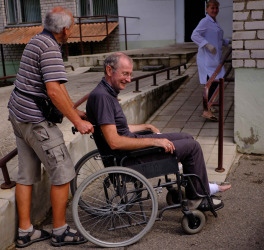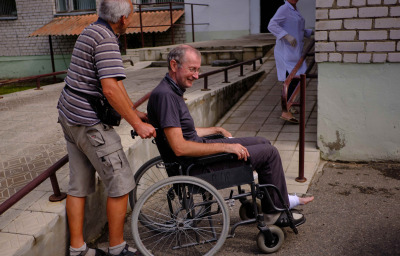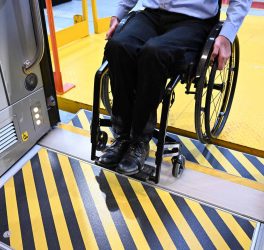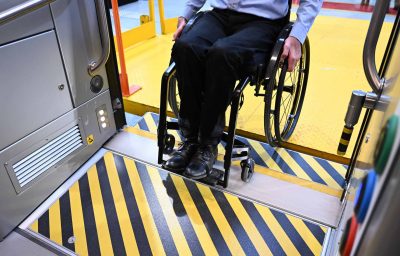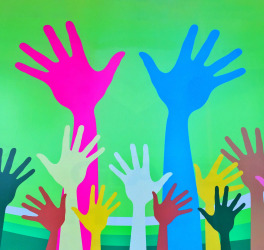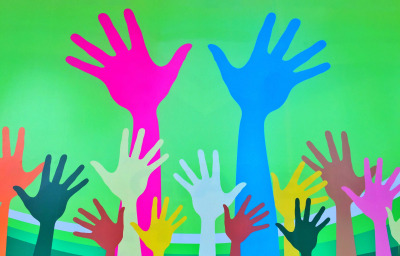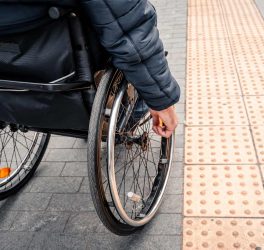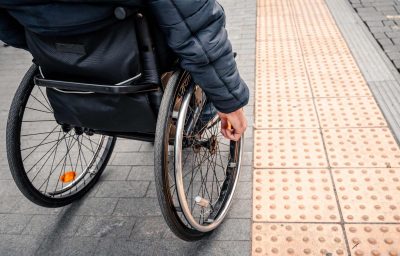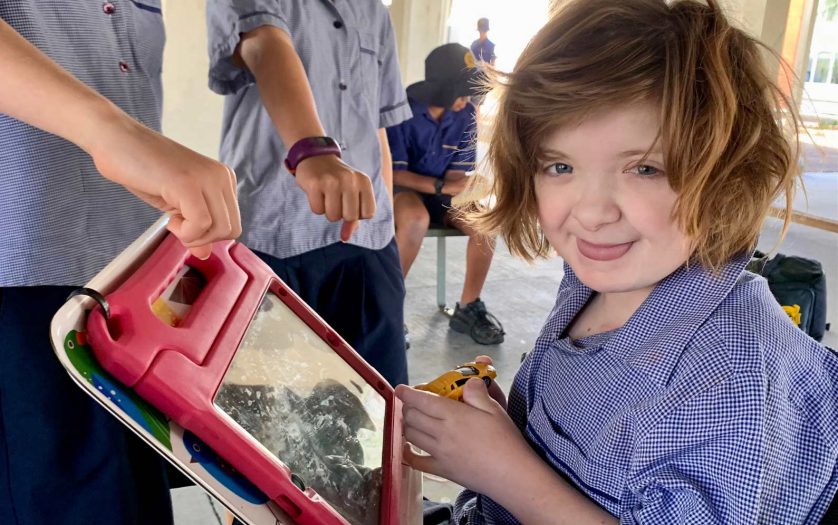
Children and Young People with Disability (CYDA), with their partners at the Melbourne Graduate School of Education, University of Melbourne, and UNSW Canberra, have released three survey reports on the experiences of children and young people with disability in early childhood and education settings.
The results are confronting.
In early childhood settings, 29 per cent of family members reported their child had been excluded from excursions, events or activities. 28 per cent reported bullying from other children or staff. 20% reported that their child had been refused enrolment.
Reports on school settings were even more dire with 70 per cent of students saying they had been excluded from events or activities at school and 65 per cent reporting bullying.
Only 35 per cent of families felt teachers and support staff had adequate training and knowledge to support their child.
CYDA chief executive officer, Skye Kakoschke-Moore, said “The results are disappointing and show discrimination is significantly impacting the education and wellbeing of Australian students with disability.”
Dr Catherine Smith of The University of Melbourne said “What is clear from the data is that students with disability face some significant exclusion in schools. This comes in the form of excursions and other events offered as rewards, but also from more common activities within schools and accessing the curriculum.”
The need for change is urgent. As one parent stated: “My child is halfway through their education. Things that change at the top take so long to filter down to the school level. For things to be ‘better or fairer’ for my child means attitude change and action is needed now.”
Ms Kakoschke-Moore said “Children with disability face discrimination and exclusion from an early age, in school, in the health system and in the community, while they are going through a significant developmental phase. The impacts can be lifelong.”
The experiences of students with disability in segregated “special” schools is also addressed in the reports. One family member spoke about being bullied by students and a teacher. The family shared details of a number of incidents and complaints made, speaking to their child’s feelings of trauma and anxiety “We have a broken child that we are trying to piece back together … we do not have a roadmap, there is no accountability, and it feels like we have just been left on our own to work all of this out and somehow get our boy back.”
Ms Kakoschke-Moore calls on Minister for Education Jason Claire to hold the states and territories accountable in the next National School Reform Agreement. “We need to see support and incentivisation for inclusive education and delivery of full inclusion for all students in mainstream schools.”

